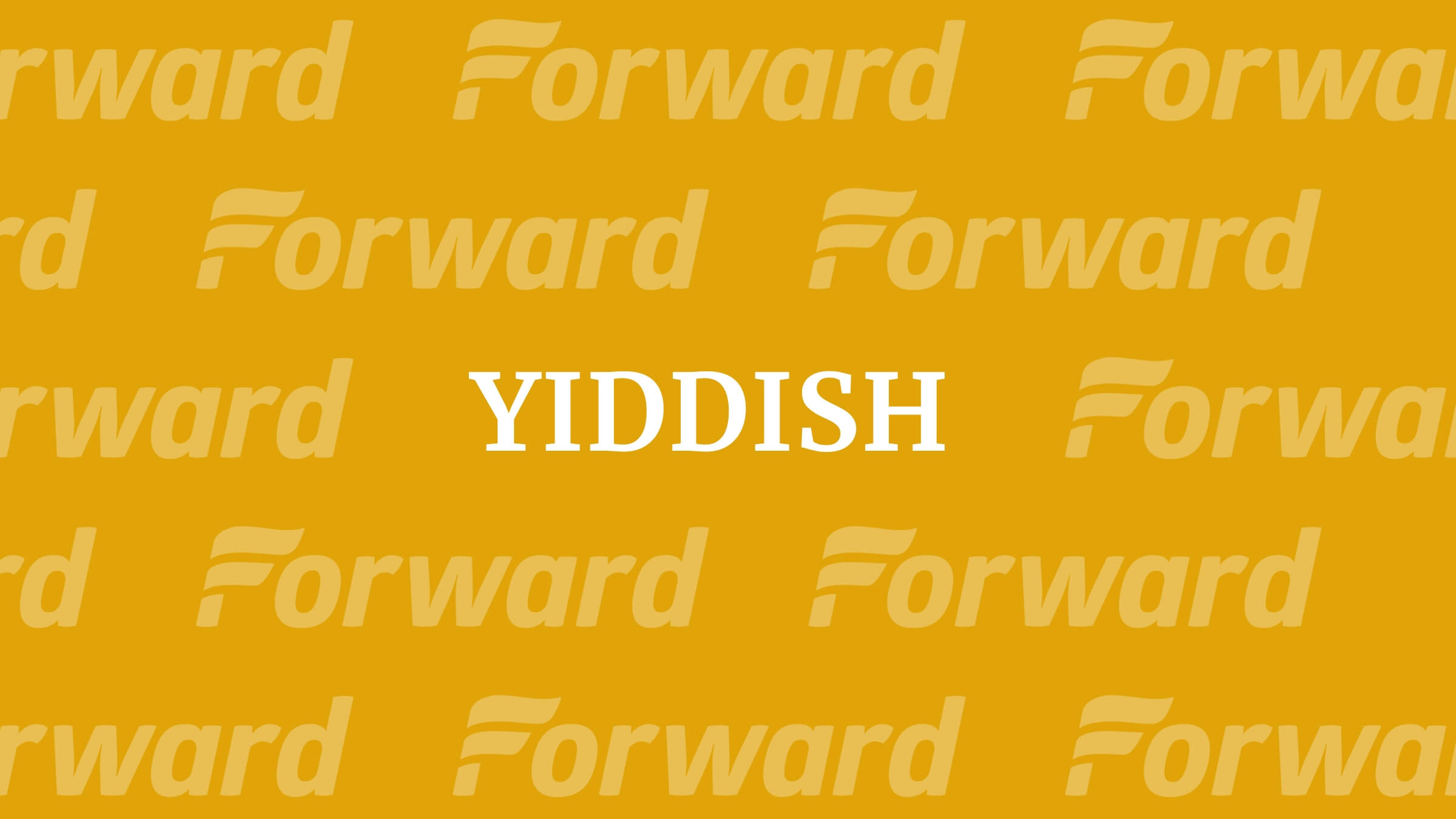Linguist Isaac Bleaman receives National Science Foundation award to study language of Holocaust survivors
The $470,000 grant will support research based on Yiddish-language testimonies from the USC Shoah Foundation.

Graphic by Angelie Zaslavsky
Isaac Bleaman, an assistant professor of linguistics at the University of California, Berkeley, has received a CAREER Award from the National Science Foundation to study the speech of native Yiddish speakers who survived the Holocaust.
The five-year $470,000 grant will support research that documents the Yiddish language as it was spoken by survivors who were interviewed for the Visual History Archive of the USC Shoah Foundation, an organization that was founded by film director Steven Spielberg in 1994.
The goal of Bleaman’s project is to analyze the grammatical and phonetic properties of European Yiddish and to address the impact of the Holocaust on the development of the language. The award will finance the construction of a new digital language corpus containing transcripts, media files, and metadata.
These materials will be made available to researchers, Yiddish language instructors and students, as well as the general public for free online. Currently most of the Yiddish interviews can only be viewed at institutions that subscribe to the full Visual History Archive, and none are available with transcripts.
In a statement about the goals of the project, Bleaman writes that genocide often leads to the endangerment of the languages spoken by the communities targeted for destruction. The Holocaust perpetrated by the Nazis — a genocide without precedent — had a catastrophic effect on Yiddish and other minority languages in the region.
Although the testimony interviews of the Holocaust survivors were not collected for linguistic purposes, they can serve as vital data for innovative projects related to language research.
The grant project will also include research training for a postdoctoral scholar in linguistics, Yiddish specialist Chaya Nove; the preparation of lessons for sociolinguistics courses on the use of oral histories as language data; and the compilation of pedagogical materials for intensive language courses, in which students will have an opportunity to listen to native European-born Yiddish speakers.






















